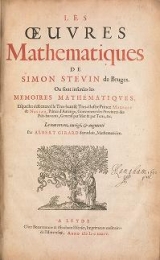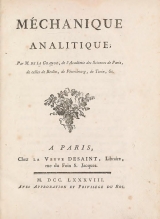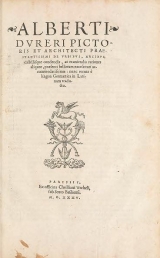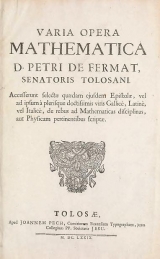Preclarissimus liber elementorum Euclidis perspicacissimi in artem geometrie incipit qu afoelicissime
Euclid; Adelard, of Bath; Campanus, Johannes
Erhardus Ratdolt Augustensis impressor solertissimus, Venetijs impressit, 1482, octauis Cale n. Ju n. [25 May, 1482]
Erhardus Ratdolt Augustensis impressor solertissimus, Venetijs impressit, 1482, octauis Cale n. Ju n. [25 May, 1482]
100. This is the first printed edition of Euclid's Elements in the form of a
Latin translation from an Arabic source. The work went through thousands of
editions and was probably the most studied work after the Bible. It was the
leading source for geometric study and learning until the development of
non-Euclidean geometries in the 19th century.
Published:
Erhardus Ratdolt Augustensis impressor solertissimus, Venetijs impressit, 1482, octauis Cale n. Ju n. [25 May, 1482]
Topic:
Mathematics
Collection:
Cite This:
View Citations




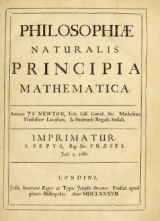
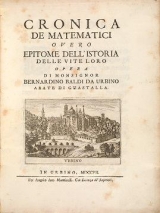
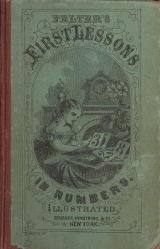
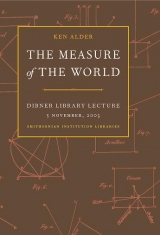
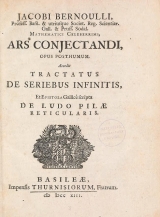
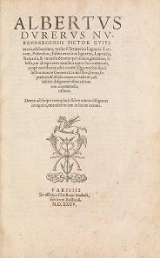
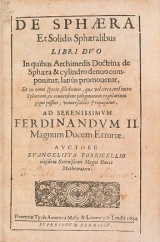
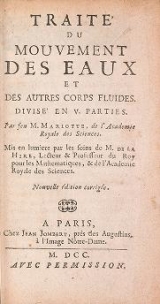
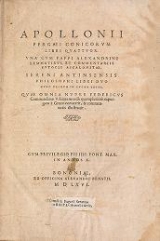
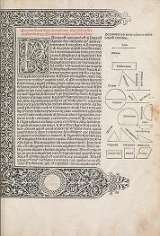
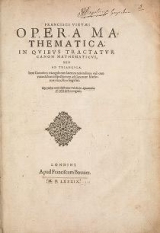
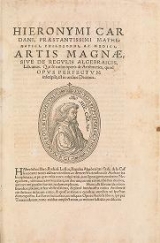
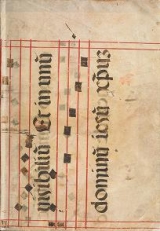
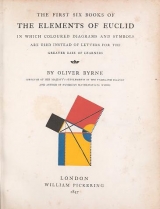
![Cover of Su[m]ma de arithmetica geometria proportioni [et] proportionalita Cover of Su[m]ma de arithmetica geometria proportioni [et] proportionalita](https://library.si.edu/sites/default/files/styles/book_cover_160w/public/books/covers/summadearithmeti00paci_cover.jpg?itok=F_PpYzWB)
